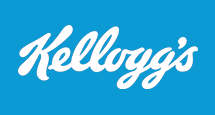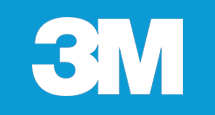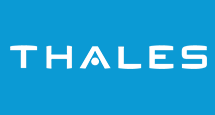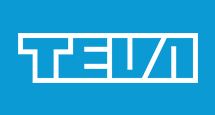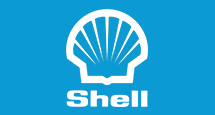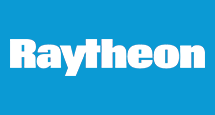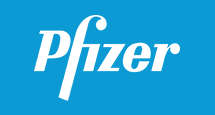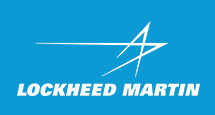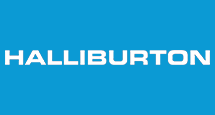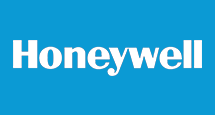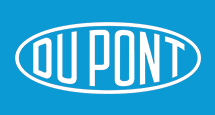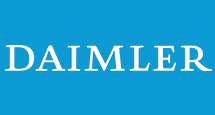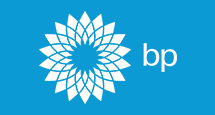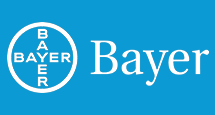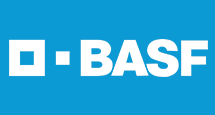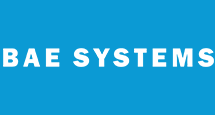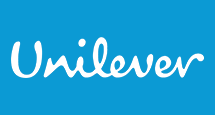Visiongain Publishes Apixaban Market Report to 2031
22 February 2021
Visiongain has published a new report on Apixaban Market Report to 2031. According to the Visiongain analysis, the global Apixaban market is anticipated to grow at a CAGR of XX% during the forecast period (2021-2031). The global apixaban market is segmented By Dosage Form (Capsule, Tablet), By end user (Hospitals, Retail Pharmacies, Online Pharmacies, Others). Region (North America, Europe, Asia Pacific, Latin America, Middle East & Africa). The report includes detailed Profiles of Leading Apixaban Companies. PLUS COVID-19 Recovery Scenarios.
Apixaban Market was valued at US$XX billion in 2021 and is projected to reach a market value of US$ XX billion by 2031. The study covers detailed and insightful chapters on market overview, market segments, new developments, competitive landscape, strategic recommendations, key company analysis, market opportunities, pricing analysis, gap analysis, porter’s 5 forces model, company profiling, geographical analysis, and analytical overview of the market. The rising prevalence of venous thromboembolism events and increasing recommendation among non-valvular atrial fibrillation patients to reduce risk of stroke or systemic embolism are some of the factors driving the growth of the global apixaban market.
COVID-19 Impact on the Global Apixaban Market
The COVID-19, is a new virulent disease, growing transmission and fatal outcome in the global population. A series of lockdown around the globe impacted the global apixaban market. Halt in production and disruption of the supply chain further restrained the market from the growth trajectory. The COVID-19 pandemic is associated with various risk & challenges. However, the success of vaccines in clinical trials and reopening of global economies will boost the global apixaban market.
Market Driver
Rising prevalence of venous thromboembolism events
The venous thromboembolism (VTE) refers to a blood clot in a vein, which is considered as third leading vascular diagnosis after heart attack and stroke. According to American Heart Association, VTE affects about 300,000 to 600,000 Americans each year. In the US, Pulmonary embolism (PE) among hospital patient is the most common & preventable cause of death. The VTE and PE are the major public health issue. The apixaban enables to reduce the risk of stroke and embolism in patients with non-valvular atrial fibrillation. The drug is used for the prophylaxis to prevent Deep vein thrombosis, which may lead to pulmonary embolism, among patient’s undergone knee or hip replacement surgery.
Boost from the COVID-19 pandemic
The COVID-19 pandemic created considerable scope for the global apixaban market. The respiratory involvement, the patient of the COVID-19 often develops pro-coagulative state caused by virus-induced endothelial dysfunction, cytokine storm and complement cascade hyperactivation. Various medications are being used for treatment of the COVID-19 patients. Sarilumab (KEVZARA) and tocilizumab (ACTEMRA) can increase cytochrome P450 enzyme activity and so they should not be used together with apixaban (Eliquis) or rivaroxaban (Xarelto) and may also increase the doses of warfarin required. The thrombotic risk is associated with disease severity and worsens patients’ prognosis; however, the management strategies need to be assessed.
Cost-effective alternative to warfarin
The apixaban are the third non-vitamin K antagonist oral anticoagulants, which are used for clinical practice. The regular dose of apixaban are effective in reducing thromboembolic event as compared with warfarin. However, the risk of major bleeding is considerably low for apixaban compared with dabigatran, warfarin, and rivaroxaban. In December 2019, the U.S. Food and Drug Administration approved first generics of Eliquis (apixaban) tablets, and FDA’s generic drug program enables to access to cost effective, and high-quality drugs.
Market Opportunity
FDA approval of apixaban drugs for clinical purpose
The development of the advanced anticoagulants enables to increase the demand and provide various options to the patients and healthcare professionals. The apixaban (ELIQUIS) has gone through large clinical trial program and received FDA approval for a variety of indications. The apixaban are the significant anticoagulant, which acts by blocking certain clotting proteins in the blood.
Government and private organizations are significantly investing in R&D.
The apixaban, edoxaban, and dabigatran are direct oral anticoagulants, which received FDA approval for use in AF (Atrial Fibrillation), which have significantly simplified the medical management in these patients. The ARISTOTLE trial showed that apixaban is superior to warfarin to reduce stroke and systemic embolism in patients with AF. Pfizer and Bristol-Myers Squibb entered in collaboration to develop and commercialize apixaban, the alliance strengthens both the companies to expand potential in cardiovascular drug development and commercialization. Pfizer, with BMS, continues to produce vigorous evidence on Eliquis (apixaban) performance through ACROPOLIS, which have analyzed more than 1 million lives in 11 countries. In 2018, analyses from ARISTOPHANES, study of oral anticoagulant use NVAF patients, were presented at three prominent medical congresses and published in the medical journal, Stroke. The outcome from ARISTOPHANES complements clinical trial data by offering effectiveness and safety outcomes.
Competitive Landscape
Pfizer, Inc., Bristol-Myers Squibb Company, Abbott Laboratories, Bayer Healthcare AG, Boehringer Ingelheim, GlaxoSmithKline Plc., Metrochem API Pvt Ltd, F. Hoffmann-La Roche Ltd, are some of the key players contributing to the growth of the Global Apixaban Market. The market players are adopting new strategies to stay competitive in the global market such as new product developments, joint ventures, mergers and acquisitions, and geographical expansions.
For instance, in August 2017, Bristol-Myers Squibb Company and Pfizer Inc. announced that 15 abstracts have been accepted for presentation at the European Society of Cardiology Congress, The investigational data from the EMANATE [Eliquis evaluated in acute cardioversion compared to usual treatments for anticoagulation in subjects with non-valvular atrial fibrillation (NVAF)] clinical trial. The company collaborated with Pfizer Inc. to reduce the risk of stroke caused by Non-Valvular Atrial Fibrillation (NVAF) and Treating Deep Vein Thrombosis/Pulmonary Embolism (DVT/PE) at ESC Congress. The EMANATE is a Phase 4 clinical trial exploring Eliquis (apixaban) against standard oral anticoagulation with a vitamin K antagonist in patients with NVAF.
For instance, in January 2020, LUNAC Therapeutics (LUNAC), announced it has spun out of the University of Leeds with $3.54 million funding in the first close of a Series A financing round. The investment was being led by Epidarex Capital and the University of Leeds. The company is focusing towards development of next-generation anticoagulants. The company is targeting towards coagulation cascade at the level of Factor XII to reduce risk.
Notes for Editors
If you are interested in a more detailed overview of this report, please send an e-mail to sara.peerun@visiongain.com or call her on +44 (0) 20 7549 9987.
About Visiongain
Visiongain is one of the fastest-growing and most innovative independent media companies in Europe. Based in London, UK, Visiongain produces a host of business-to-business reports focusing on the automotive, aviation, chemicals, cyber, defence, energy, food & drink, materials, packaging, pharmaceutical and utilities sectors.
Visiongain publishes reports produced by analysts who are qualified experts in their field. Visiongain has firmly established itself as the first port of call for the business professional who needs independent, high-quality, original material to rely and depend on.
